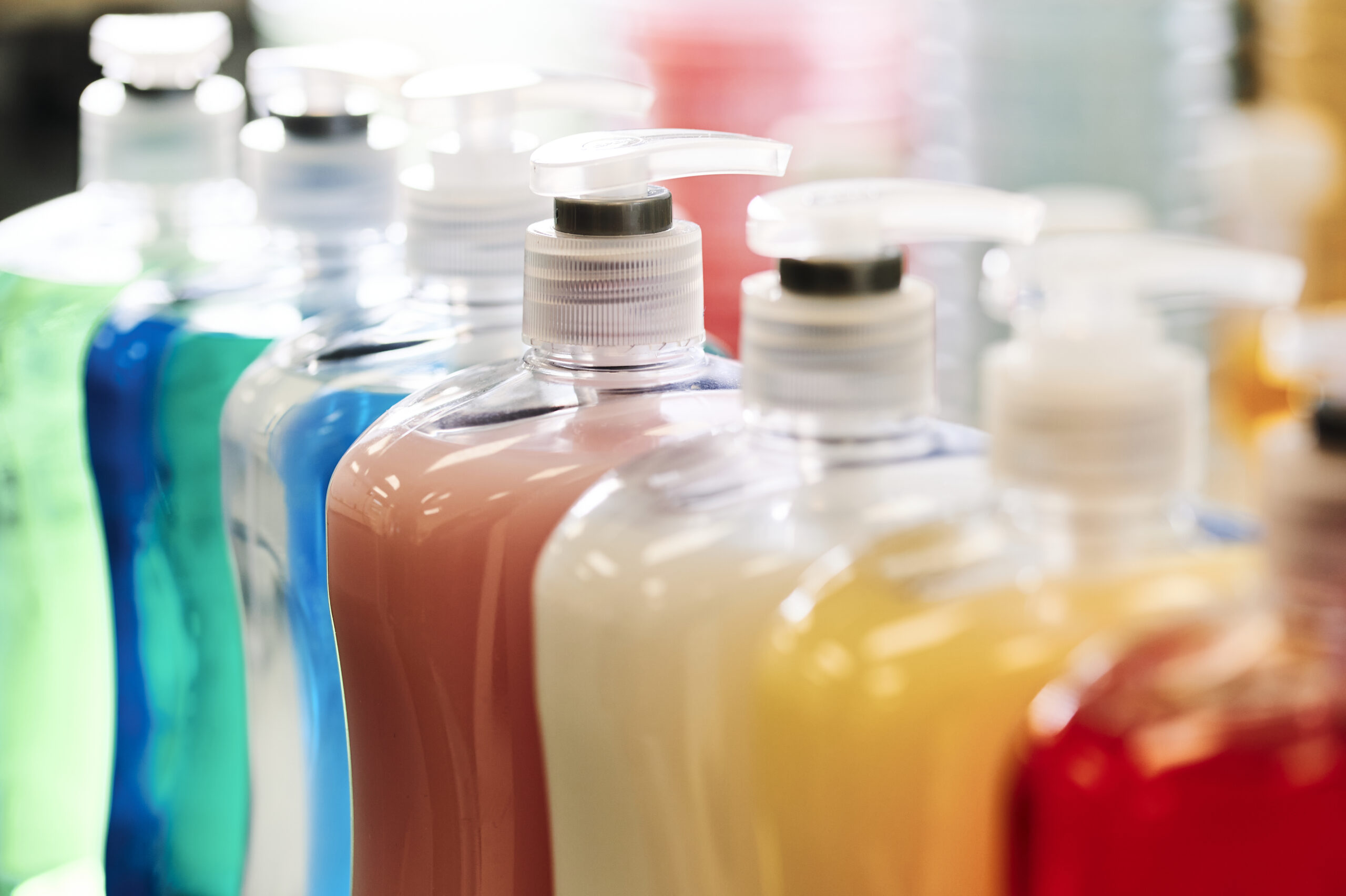Stability testing assesses the formulation only and is carried out in glass jars whereas compatibility testing assesses the product in the final packaging.
The data obtained from the testing is used to determine the date of minimum durability of the product. The date of minimum durability is expressed as a ‘best used before end of’ date and uses the ‘egg timer’ symbol. If a product has a minimum durability greater than 30 months a ‘period after opening’ is used and the symbol for this is the ‘open jar’.
Stability tests involves incubating products at a variety of temperatures and light conditions to mimic transportation and storage conditions which may be encountered during warehousing, retail and with the consumer. These tests ensure that the characteristics of the products, including the fragrance, colour, texture, appearance and formulation do not change when subjected to these conditions.
Compatibility testing is similar to stability but would also include an assessment of packaging functionality and stability, label stability and determine if there are any interactions between product and packaging.
Most stability and compatibility testing is carried out at elevated temperatures as an accelerated shelf life study.
The incubation conditions chosen for the test will depend upon several factors including how the product is to be warehoused, how it is to be transported and where in the world it will be marketed etc.
Melbec Microbiology have a range of ambient humidity incubators, environmental chambers and simulated light chambers and hence can cover most testing requirements with respect of temperature, humidity, simulated light and freeze thaw.
Products are assessed at each time point and assessment includes organoleptic properties, viscosity, specific gravity, weight loss, functionality and pH.
Standards used for stability and compatibility include CIPAC, PD ISO/TR 18811, IFSCC and ‘in-house’ customer specific methods.
Find out how we can help
Want to learn more about how Melbec can help you with your testing requirements?
Fill in the form below, give us a call or email us!
